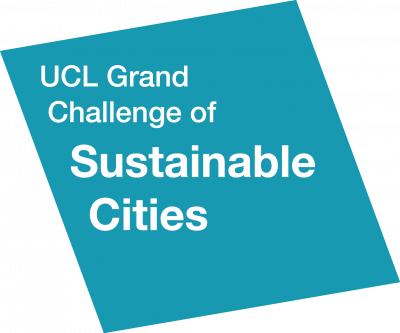Changing Sanitation Cultures
A Grand Challenges Sustainable Cities project funded by a small grant.
1 August 2015
Sanitation is both highly cultural and highly personal. One of the great delights of travellers is to discuss the differing types of toilet technologies that they have faced; what this says about the culture of the place; and how they negotiated it to suit their own ideas of hygiene (Bracewell 2013). Despite this diversity of methods, very few people would disagree that flushing and forgetting is a simple and effective form of sanitation.
It seems that flush and forget toilet technology is the universally preferred method of human waste disposal around the world, whether or not it is a dry location such as Sydney or California; a wet situation such as Wales or Switzerland; or a place with a limited or no sewerage system such as Dar es Salaam or Mumbai; everyone wants to flush and forget.
But in a world of diminishing resources and increasing human populations - is this a feasible form of sanitation?
In London, there is a unique opportunity to see if the cultural and highly personal values, habits and preferences of toilets in a cosmopolitan community can be changed. The UCLoo Festival 2013, has donated its working vacuum flush composting toilet to the Kings Cross Skip Garden. The Skip Garden is a community garden managed by Global Generation, a not for profit organisation. The Skip Garden has been designed and is being built by Unit 3 of the Bartlett School of Architecture, which is how the UCLoo toilet came to be donated to the project. Once complete, the toilet will be open to the public.
This installation can potentially offer insights into how toilet cultures and values can change when people are offered an alternative toilet to use, information about the need to reuse and recycle nutrients in human waste, and ongoing scientific evidence about the microbiological safety of the compost.
The research programme aims to discover if toilet cultures and values change over 10 months after the installation of the toilet.
 Close
Close


